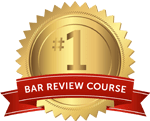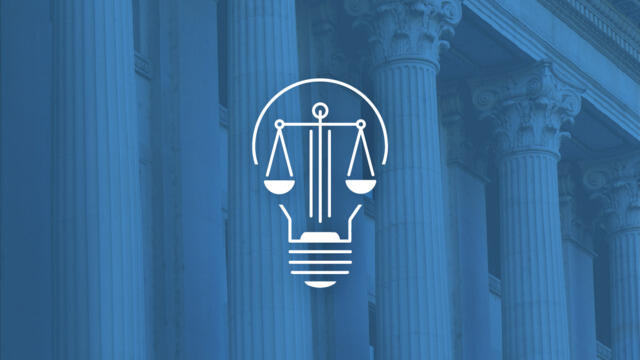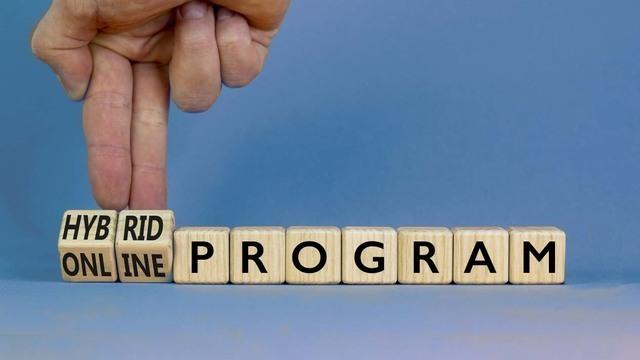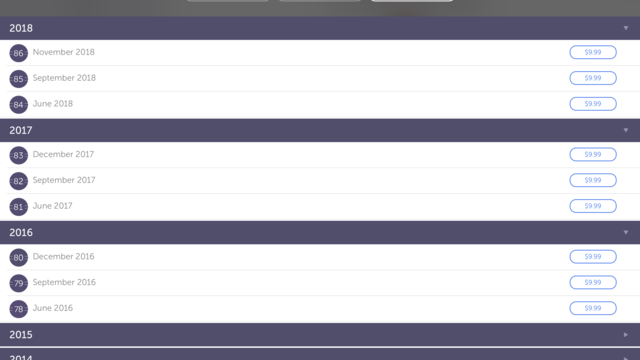Though many of you lovely bar exam studiers are taking the bar to take the next step in your legal career and work as a bona fide attorney, there are a few of you who had more academic vocations in mind. There's an old saying in law school, "As become professors, Bs become judges, and Cs make money." There could be many among you hopeful bar examinees who want to go into the prestigious world of legal academia.
I actually thought about becoming a law school professor for a bit of my own law school career. When I had it set in my mind, I was bombarded by a ton of different questions. How do legal scholars get their start in academia? How do they refine their theories? I decided to do what I do best and research. I hounded my professors? office hours every day and asked them about their own experiences and reasons for getting into academia. Did they always know they wanted to teach or did their lives inexplicably take them down that path?
One of my favorite professors, my 1L contracts professor who simultaneously got her JD and PhD in Economics at Columbia University recommended a book by James Hackney. In his book, Legal Intellectuals in Conversation: Reflections on the Construction of Contemporary American Legal Theory, Hackney, a law professor himself, conducts one-on-one interviews with some of the most prominent legal scholars alive today. He discusses how Richard Posner became interested in a legal career, and how Catharine MacKinnon developed her own path on feminist legal theory.
The book proved very interesting and informative for me. There are ten interviews in total, which include interviews with Austin Sarat, Drucilla Cornell, Jules Coleman and the like. Each interview not only dives deep into the specific legal theories of those being interviewed and the development of said theories, but it also digs into what personal life experiences led these individuals toward a life of legal academia. The scholars talked candidly with Hackney about their own law school professors, their feelings on the other scholars being interviewed for the book, and where they thought the legal profession was heading.
All in all it was a really interesting read and I am very thankful for the recommendation. I encourage you to go to the stacks of your own legal library, pick it up, and give it a flip. Peruse it if you must (for those of you who didn't know, the actual definition of peruse is to read thoroughly or carefully). The great thing is that a J.D. is a very versatile degree. You can do many things with your law degree and even more things once you pass the bar. I know many times throughout your grueling bar exam prep adventure you might stop and wonder where the heck you're going with all of this, and well, I just want you to remember that there are many paths you can choose.
Happy Studying!









